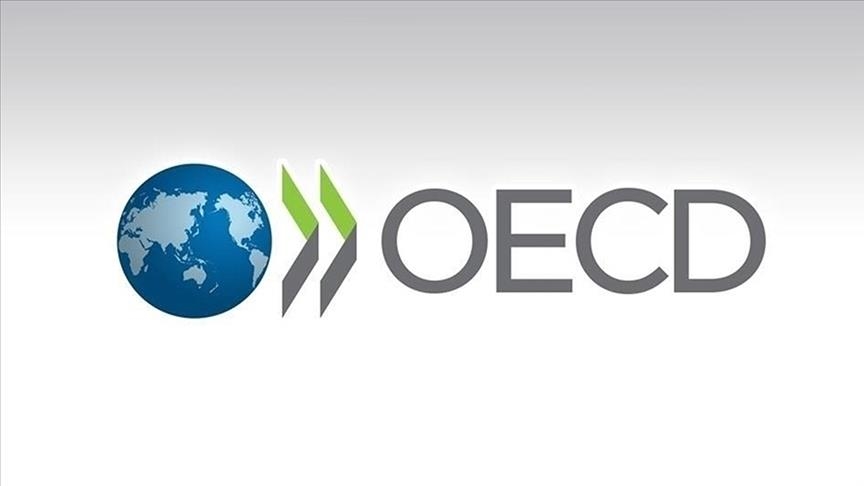Disruptions to global ocean economy may slow sustainable growth: OECD
Coordinated policy action essential to safeguard global ocean economy's long-term prosperity, sustainability, OECD report says

ISTANBUL
The global ocean economy could face major disruptions that slow sustainable growth by 2050, if necessary policy actions are not taken, according to a report by the Organization of Economic Cooperation and Development (OECD) on Monday.
"While the ocean economy doubled in real terms, from $1.3 trillion in 1995 to $2.6 trillion in 2020, coordinated policy action is essential to safeguard its long-term prosperity and sustainability," it said.
Over the past 25 years, the ocean economy – driven by offshore oil and gas, marine and coastal tourism, marine fishing and aquaculture, maritime transport and port activities – contributed between 3% and 4% to the global economy.
The oceans, which make up 71% of the Earth's surface and 90% of the biosphere and provide food security for more than 3 billion people, enable the transportation of 80% of global goods and are home to sea cables that carry 98% of international internet traffic.
The number of people employed in the ocean economy peaked at 151 million in 2006, declined to 101 million during the COVID-19 period, but then recovered.
More than 75% of the growth in the global ocean economy from 1995 to 2020 originated from Asia and the Pacific countries.
East Asia alone accounted for 56% of the growth in the global ocean economy, while growth was slower in Europe and North America.
If historical trends continue, the global ocean economy could be nearly four times larger in 2050 than it was in 1995, but sustaining this growth will require policy measures, according to the report.
If these measures are not taken, major disruptions could occur that will reshape the global ocean economy by 2050, slowing or even disrupting growth.
“Improving ocean policies and international co-operation is an economic imperative,” OECD Secretary General Mathias Cormann said.
“Through science-based policy, improved management of marine spaces, and innovative digital solutions, we can protect the jobs, livelihoods, and food security of hundreds of millions of people who depend on the ocean," he added.
Anadolu Agency website contains only a portion of the news stories offered to subscribers in the AA News Broadcasting System (HAS), and in summarized form. Please contact us for subscription options.







